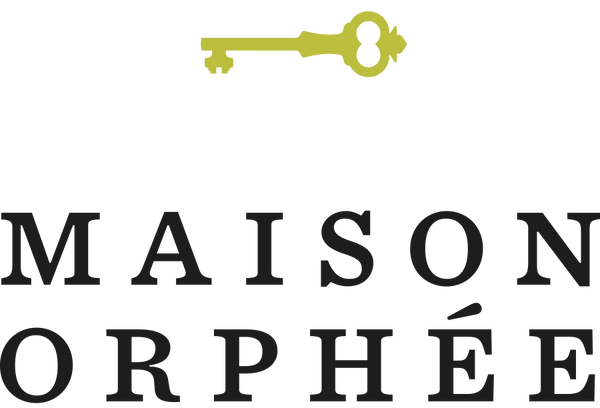In a world where information is at our fingertips and consumers are more discerning and informed than ever, the term “Clean Label” has emerged as a response to growing demands for simpler food products that are clearly labelled.
But what exactly does it mean, and why has it become such a key factor for today’s consumers?
What does “Clean Label” really mean?
"Clean Label" refers to products with straightforward, recognizable ingredients—no confusing scientific terms. The idea is to offer food that is free from artificial preservatives, colouring, and additives, focusing instead on ingredients you can find in your own pantry.
According to a 2023 Ingredion study, 78% of consumers are willing to pay more for products labelled as completely natural. Digging deeper, 56% said they’d pay 10% to 30% more, while 33% are open to spending up to 30% more for these products.
"Clean Label" becomes a competitive advantage for brands, promising quality and integrity to consumers who increasingly look for products aligned with their values.
"Clean Label" Origins and Definition
The concept of clean label began to take shape in the 1990s as consumers grew more concerned about the ingredients in their food. As awareness of artificial ingredients and additives increased, people wanted more transparency about what they were consuming.
Initially a niche movement, it gained momentum in the digital era, where information is easily accessible. Today, clean labels represent simplicity and transparency, prioritizing natural and familiar ingredients. Once a quiet trend in health food stores, clean label has now become mainstream.
Challenges in "Clean Label" production
Producing "Clean Label" foods comes with its share of challenges. Sourcing natural ingredients is often more expensive, and the production processes are more complex and time-consuming. Committing to eco-friendly practices while ensuring top-quality ingredients make competing with conventional products even tougher.
From a technical standpoint, "clean label" production involves rethinking key factors like shelf life, texture, and flavour without artificial preservatives, which complicates logistics and distribution in a market that demands both freshness and sustainability.
The future of "Clean Label"
The outlook for Clean Labels is bright, with demand continuing to grow. This approach could redefine how we think about food in the coming decades. As younger generations place more value on health benefits, regulations around Clean Labels are expected to become stricter.
Researchers and companies will need to innovate with natural alternatives to industrial additives while preserving the flavours and textures consumers love. Beyond just ingredient lists, Clean Labels could also encompass broader practices—ensuring animal welfare, sustainable farming, and ethical business.
At Maison Orphée, we are committed to this clean labelling. No compromises! Our products reflect what food should be: simple, responsible, and rooted in sustainable practices. We believe clean labelling is not a marketing strategy but a promise to those who refuse to compromise on quality and ethics.

